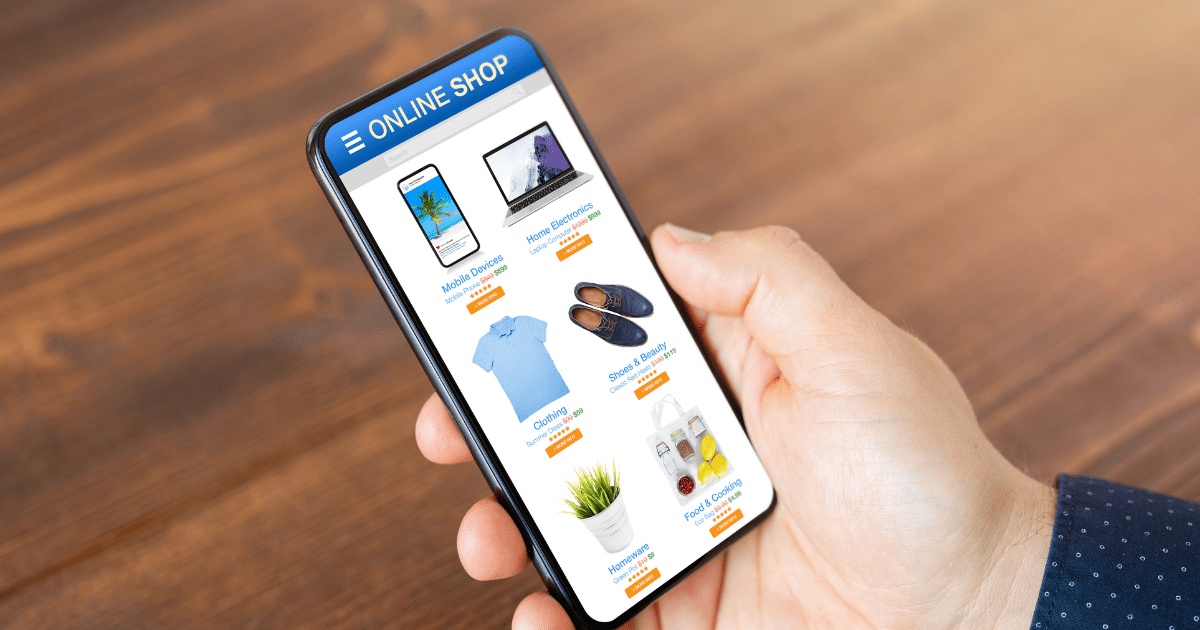This article forms part of SME South Africa’s Township Entrepreneurship series. In the month of October we will explore the complexities, challenges and success stories of the township entrepreneurship ecosystem.
Brian Makwaiba, co-founder of the Vuleka app, says they save money and time for spaza shop owners.
The Vuleka app is an ordering system that helps individual spaza shop owners purchase goods as a collective from manufacturers. This way discounts are negotiated with manufacturers.
Makwaiba explains that by using the Vuleka app as an ordering system, they “warehouse, distribute and deliver the products to the spaza shop owners, meaning that they don’t have to close up their shops to stock up, saving them time.”
Vuleka can be loosely translated as “open up” in isiZulu. The app is currently servicing informal business owners in Alexandra, Johannesburg.
How the Vuleka app was born

Makwaiba and his business partner, Oscar Monama are also co-founders of the creative agency I AM Emerge. One of their services is organising events like brand activations.
“We do product launches and brand activations in the township space, this includes events sponsored by some of the FMCG brands that we promote,” Makwaiba shares. “We have been running that for four years now.”
He says while working on brand activations, they saw an opportunity to connect informal business owners (of spaza shops) with manufacturers of fast-moving consumer goods (FMCG).
“(While doing brand activations) outside spaza shops, we realised that the spaza shop owners were not serviced properly; most of them did not know where to get the products that we were promoting because we had helped grow customer demand.
“We then saw that as an opportunity to extend what we were offering the FMCG brands and become a holistic route to market solution for their products and service the spaza shop owners at the same time,” says Makwaiba.
Examples of FMCG products include packaged foods, beverages, toiletries and over-the-counter drugs.
In 2016 they began with manual ordering of the goods. Makwaiba says the first version of the app went live in 2017. “We are currently developing version two (of the app).”
We can also trace and track where their products are going to in the informal markets, track quantities sold and in which area
How the app works
Makwaiba says they work with big FMCG companies, as well as smaller local manufacturers. “We provide them with a route to market solution as well as access to market through our large network of informal business owners on our database.
“We list them on our Vuleka app and catalogue. Our youth marketers on the ground promote their products to the shop owners.”
Makwaiba explains that the challenges small manufacturers face is they often don’t have the capital or capacity to have their products on a big retailer’s shelf.
“They need access to market as well.
“(On the other hand) the spaza shop owners need to get FMCG products (at a) cheaper (price) and (want) to build sustainable businesses.”
He adds: “Through our app we collect raw unfiltered information about their products and their customers. We conduct surveys directly from the consumers.
“We can also trace and track where their products are going to in the informal markets, track quantities sold and in which area (it is sold).”
Another challenge informal business owners have is that a lot of them are unbanked, says Makwaiba. “(Meaning they) do not have access to credit facilities in case they want to access those for growth or to get stock.
“Through our app we track their weekly and monthly orders and payments; we build credit profiles for them based on this. These profiles can be used by the traditional lending institutions to see how much credit they could qualify for.
“We are currently using these to open seven day accounts for stock to some of our most trusted spaza shops.”
Connecting with consumers
According to Makwaiba, the app has two user interfaces. “One (interface) is for the spaza shop owner and the other is for the consumer that buys from them.
“Spaza shop owners register on the app with their location verified. Once the consumer registers on the App, it picks up where he is and picks up the registered shops that are around him. He then sees names of the shop with directions and navigation to get there.”
Makwaiba says the app can also be used to redeem coupons of discounts from manufacturers of products. “They can only redeem these coupons at the registered spaza shops around where they are.”
He says they have a live database of over 5000 spaza shops. “(It) keeps growing daily as we are approached by spaza (shops) associations in different townships that we are not currently servicing.”
Digitisation efforts
Makwaiba says their youth marketers use tablets to take orders and collect information. “We also piloted cashless payment system in the form of a virtual wallet however there was no uptake from the informal business owners side.
“We are in talks to roll out card readers to the informal business owners with a couple of the card reader providers. This will help us to track sales and stock levels.”
The Vuleka app has received numerous awards which includes the second prize in Best Innovator category of the Gauteng Premier’s Service Excellence Awards.


